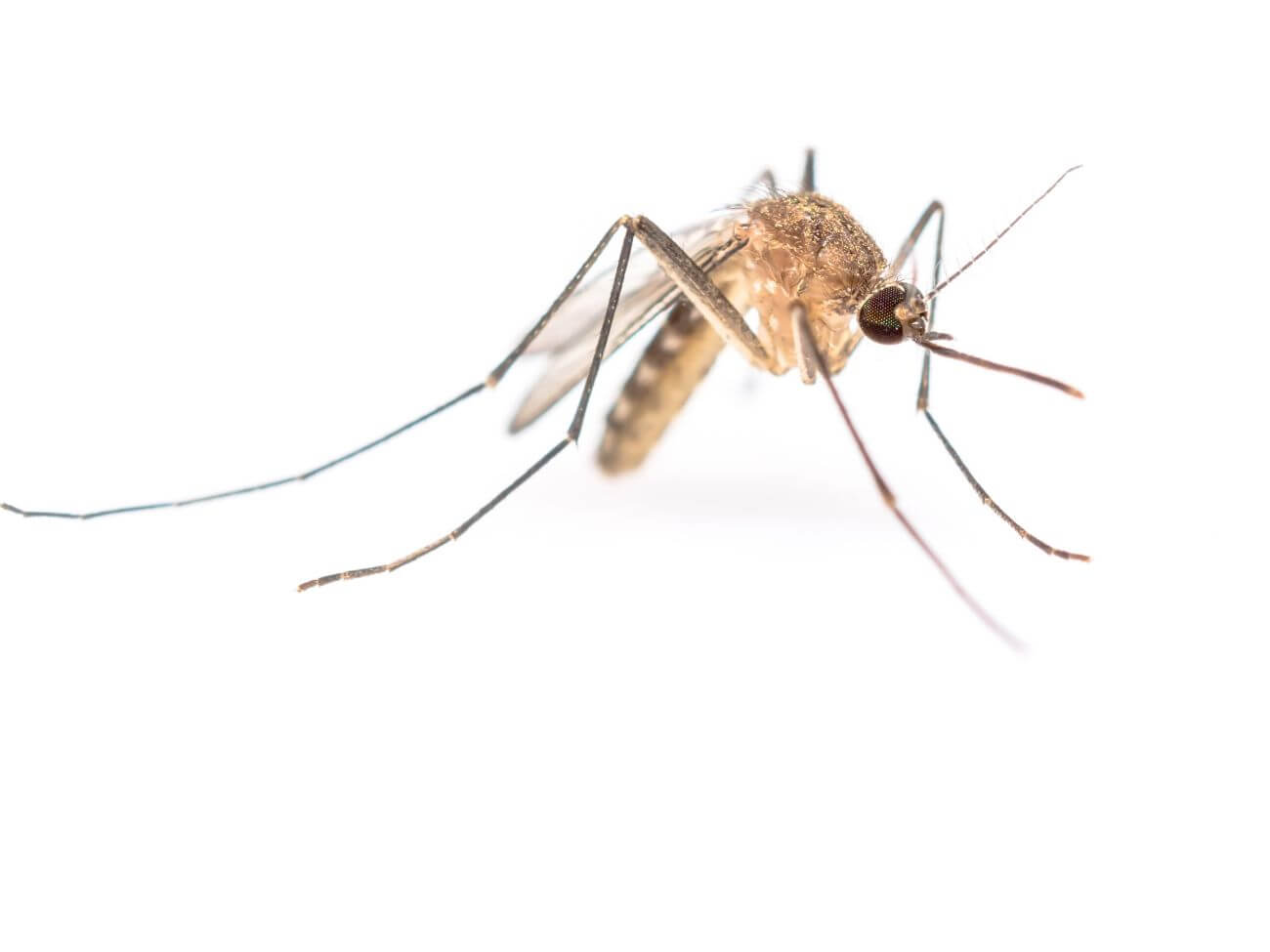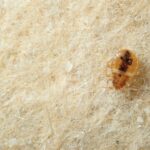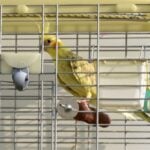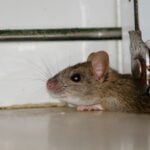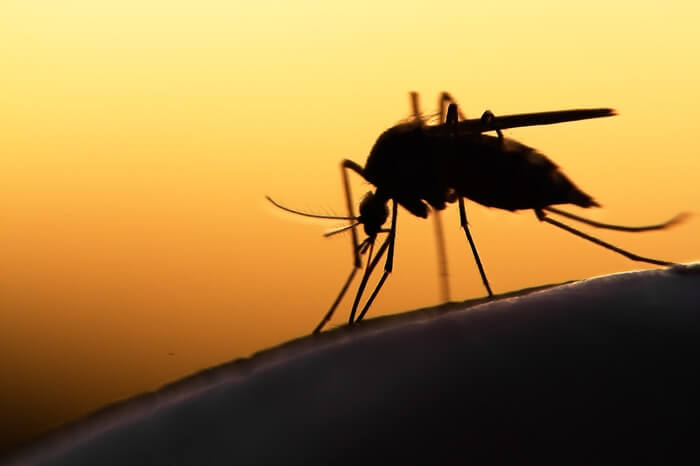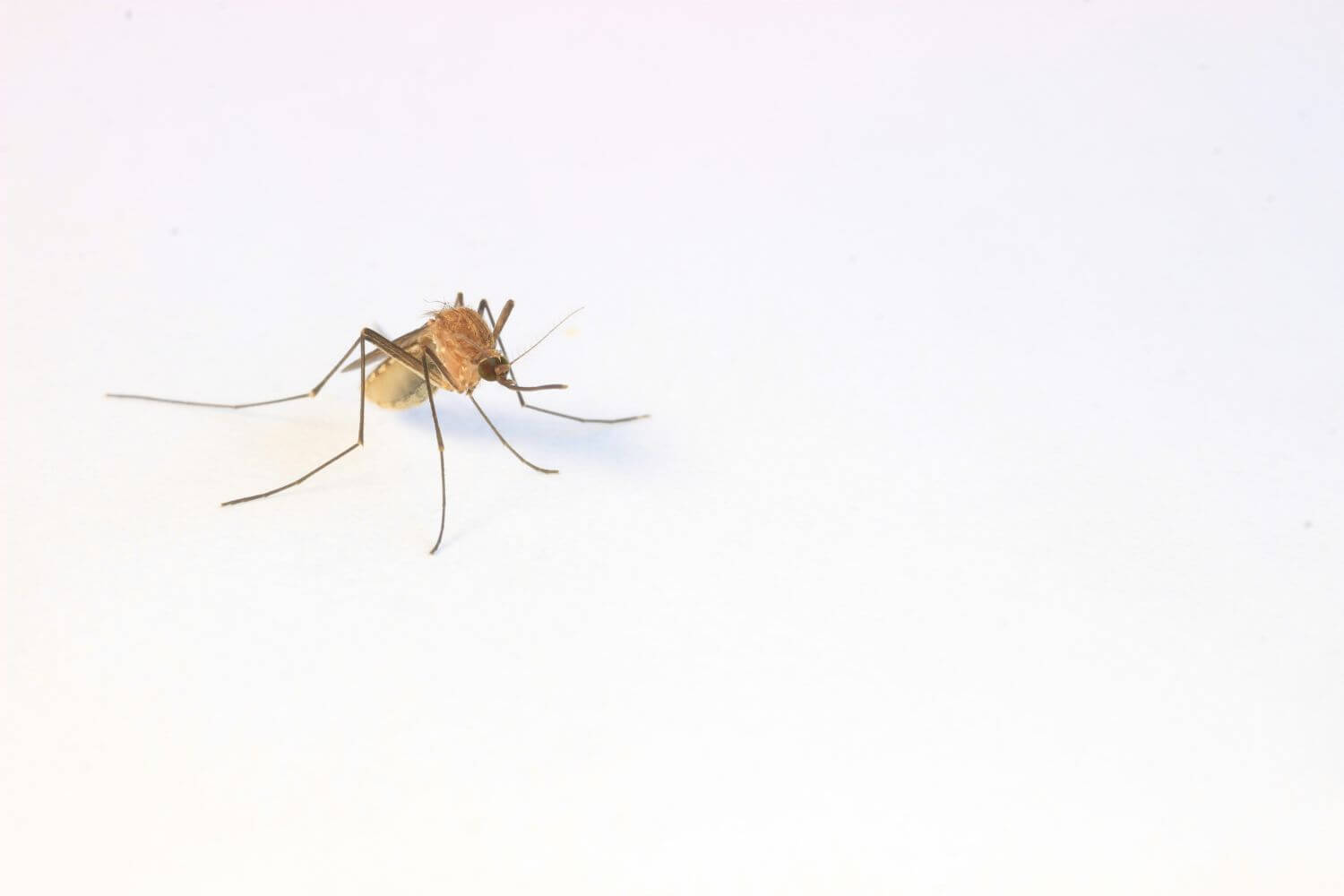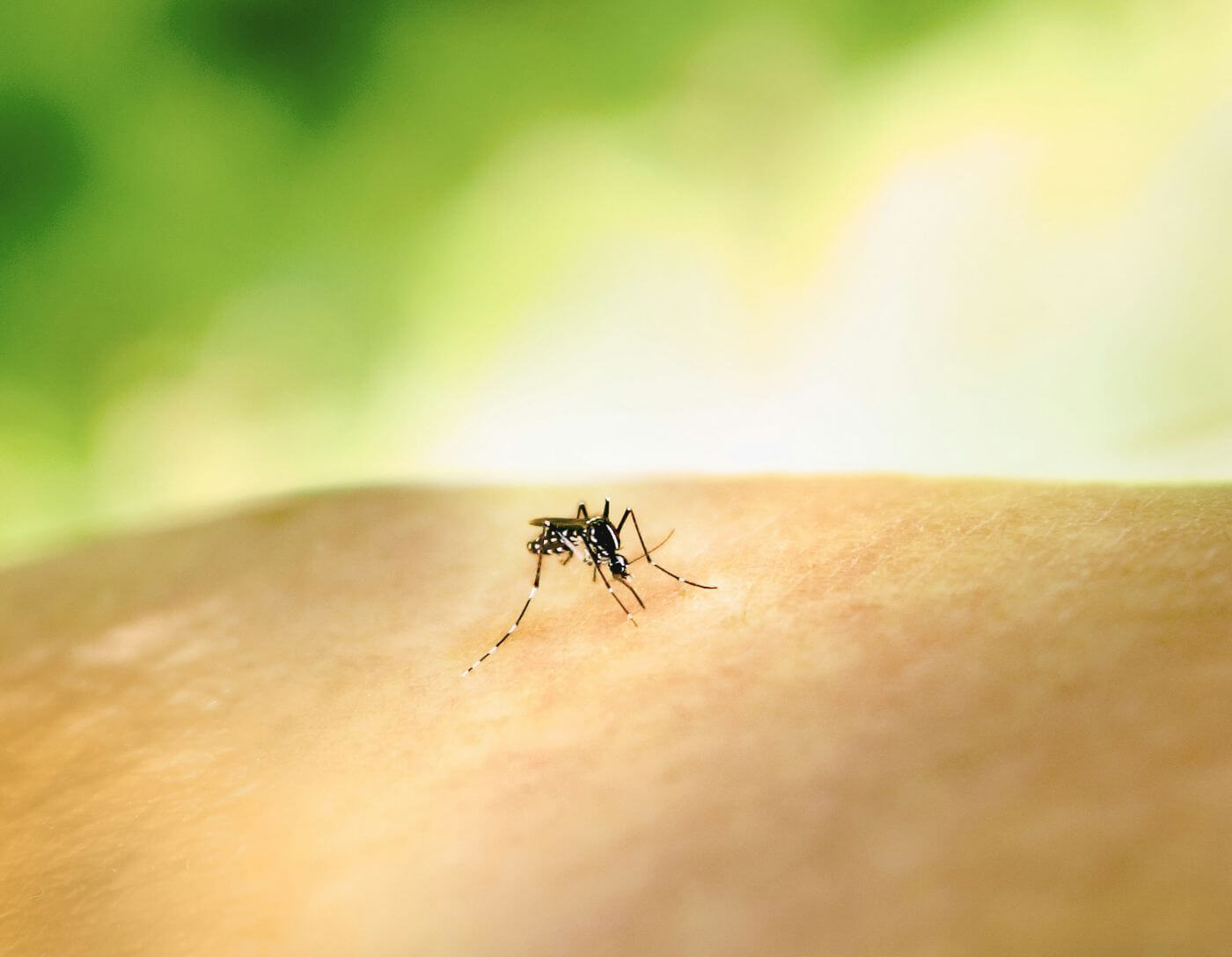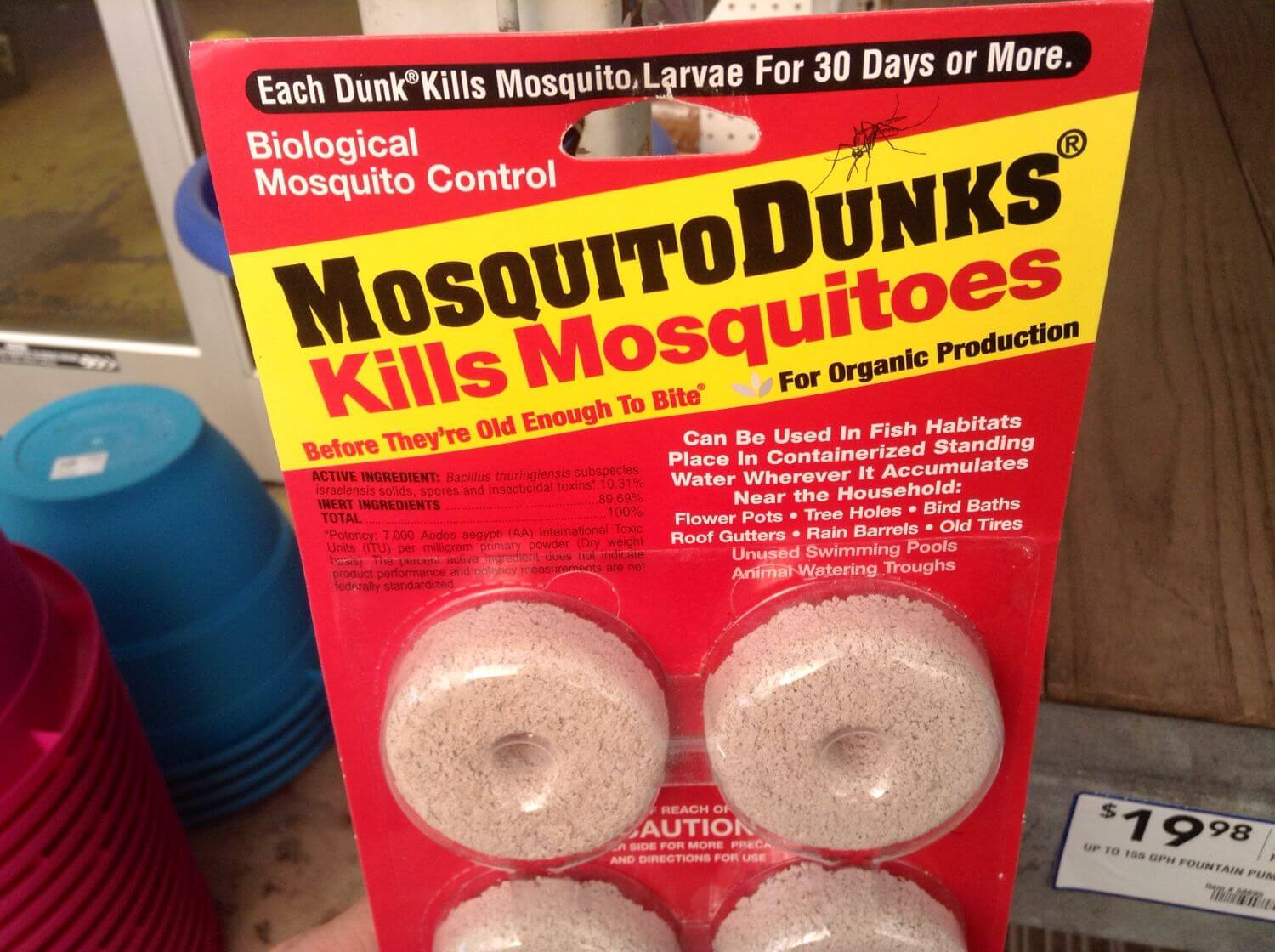Mosquitoes can turn your beautiful backyard into a no-go zone. Instead of hiding indoors or dousing yourself in harsh chemicals, you can make your own effective mosquito repellent right at home.
Learning how to create a homemade mosquito spray for your yard will save money and keep your family safe from both bugs and toxic pesticides. This guide shows you what to do.
Why Make Your Own Mosquito Spray
Store-bought mosquito sprays work, but they come with serious downsides. Most contain strong chemicals that can harm kids, pets, and the environment. Making a homemade mosquito spray gives you control over what goes into the mixture.
Natural ingredients cost much less than commercial products. You probably already have many of the supplies in your kitchen or bathroom. A single homemade batch can treat your entire yard for just a few dollars.
Homemade mosquito sprays are also better for the planet. They won’t hurt helpful insects like bees and butterflies. Regular bug sprays can kill these important pollinators, but natural alternatives keep them safe while still fighting off mosquitoes.
The Best Natural Ingredients That Actually Work
Not all natural ingredients are equal when it comes to fighting mosquitoes. Some have real science behind them, while others are just old tales.
Ingredients Approved by Health Experts
The Centers for Disease Control and Prevention approves lemon eucalyptus oil as an effective mosquito repellent. Studies show that a mixture with 32 percent lemon eucalyptus oil provides more than 95 percent protection against mosquitoes for 3 hours.
Citronella is another CDC-approved natural ingredient, though it hasn’t been proven as effective as lemon eucalyptus or DEET. Research shows a 10% concentration works for about 30 minutes.
Essential Oils That Really Repel Bugs
Lavender oil does double duty. It smells great to people but terrible to mosquitoes. The pleasant scent also helps calm your nerves after a stressful day.
Peppermint and other mint oils create a powerful barrier. Mosquitoes cannot tolerate the smell of mint, which is one of the ingredients in mouthwash. This is why many homemade recipes include mint-flavored mouthwash.
Cedarwood oil works especially well against both mosquitoes and ticks. Many people love the natural, woodsy smell, but insects hate it.
Tea tree oil brings antimicrobial benefits along with bug-fighting power. The strong odor keeps mosquitoes away while also protecting your skin.
The Power of Garlic
Garlic contains natural sulfur compounds that repel mosquitoes. The bugs can detect garlic odor up to 10,000 times better than humans can, so even when you can’t smell it anymore, mosquitoes still stay away.
Professional garlic-based mosquito barriers can protect yards for up to 30 days with just one application. The concentrated garlic extract becomes undetectable to humans within minutes, but mosquitoes continue avoiding the treated area.
Proven Homemade Mosquito Spray Recipes
These recipes have been tested by real homeowners and backed by scientific research. Each one uses different approaches to keep mosquitoes away from your outdoor spaces.
The Famous Paul Harvey Recipe
This recipe has been popular for about 20 years among homeowners across the USA. Many people report it really works and keeps mosquitoes away for 2-3 months.
What You Need:
- 1 bottle of blue mint mouthwash (any size works)
- 3 bottles of stale beer (12 oz each)
- 1 cup of Epsom salt
How to Make It:
- Pour the beer and mouthwash into a large container like a bucket
- Add the Epsom salt and stir until completely dissolved
- Pour the mixture into spray bottles
- Shake well before each use
This homemade mosquito spray wipes out blood-sucking insects from sprayed areas for about 60-80 days. The total cost for treating an average 6,000 square foot lawn is only about $2.20.
Essential Oil Power Blend
This recipe combines several proven oils for maximum protection. It smells pleasant to humans but creates a strong barrier against mosquitoes.
Ingredients:
- 4 oz witch hazel or apple cider vinegar
- 30 drops lemon eucalyptus oil
- 20 drops citronella oil
- 15 drops lavender oil
- 10 drops peppermint oil
- 1 tsp vanilla extract (optional)
- Distilled water to fill an 8 oz spray bottle
Instructions:
- Add all oils and vinegar to the spray bottle
- Fill the rest with distilled water
- Shake well before each use
- Reapply every 1-2 hours when spending time outdoors
Simple Garlic Yard Spray
This homemade mosquito spray for your yard uses the natural power of garlic to create a long-lasting barrier around your property.
What You’ll Need:
- 6-8 fresh garlic cloves
- 1 gallon of water
- 2 tablespoons liquid dish soap
- Large pot for boiling
Making the Spray:
- Crush the garlic cloves and let them sit in water for 24 hours
- Strain out all the garlic pieces
- Add the dish soap and mix gently
- Pour into a garden sprayer or large spray bottles
This mixture covers large areas and can provide protection for up to two weeks with proper application.
Easy Cinnamon Spray
Cinnamon creates a sweet aroma that humans love but mosquitoes find overwhelming for their senses, making them want to stay away.
Simple Recipe:
- 2 heaping tablespoons ground cinnamon
- 1 cup boiling water
- 1 teaspoon rubbing alcohol
- 1 drop dish soap
Steps:
- Add cinnamon to boiling water and whisk well
- Let the mixture steep for 15 minutes
- Strain out any particles
- Add rubbing alcohol and dish soap
- Pour into spray bottles
How to Apply Your Homemade Mosquito Spray
Getting good results from any homemade mosquito spray depends on using the right technique. Poor application wastes your time and ingredients.
Choosing the Right Equipment
Choose a sprayer based on your yard size. Always rinse and clean it before use to avoid clogs or mixing with other chemicals. Small spray bottles work fine for patios and small gardens. Garden hose attachments help cover medium-sized yards quickly.
For large properties, consider investing in a backpack sprayer. Professional mosquito control companies use backpack blower sprayers which coat all surfaces of plant tissues, since mosquitoes hide in cooler, harder-to-reach spots inside plants, such as under leaves.
Where and When to Spray
Try to spray early morning or late afternoon, when mosquitoes are most active. Focus on shady areas, bushes, under decks, near water, and around doorways and sitting spaces.
Pay special attention to the undersides of leaves where mosquitoes rest during hot days. Spray around any standing water sources, even small ones like flower pot saucers or bird baths.
Don’t waste time spraying in direct sunlight or windy conditions. The spray will dry too quickly or blow away before it can do any good.
How Often to Reapply
Most homemade sprays last 2–3 days, depending on the ingredients and weather. Reapply after rain, heavy watering, or when you notice more bugs returning.
Essential oil blends need the most frequent reapplication, sometimes every few hours for personal protection. Garlic-based sprays last much longer, often providing yard protection for weeks.
Keep a simple schedule during mosquito season to stay protected. Mark your calendar or set phone reminders so you don’t forget to reapply.
What to Expect from Homemade Mosquito Sprays
Being realistic about homemade mosquito spray effectiveness helps you set proper expectations and avoid disappointment.
The Good News
Natural ingredients are much safer for your family and pets than chemical alternatives. You can customize recipes to match your preferences and sensitivities.
Homemade mosquito spray for your yard costs a fraction of professional treatments. Most recipes use common household items you might already own.
Environmental benefits are huge. These natural sprays are safe for bees, butterflies, fish, birds, cats, dogs and other small animals when used as directed.
The Reality Check
Homemade mosquito repellents, even ones with citronella, have not been found to be as effective as brand-name products. DEET has been considered the most effective mosquito repellent and has a remarkable safety profile after more than a half-century of use.
Published research shows that only 0.1% of pesticides on average reached the target pests. When looking specifically at flying insects like mosquitos, the average was less than 0.0001%, or only one in a million.
Most homemade sprays work better as personal repellents than full yard treatments. The quantity needed to spray a whole yard really makes this impractical compared to professional applications.
When to Call the Pros
Heavy infestations often need professional help. If mosquitoes are so bad that they prevent you from enjoying your yard at all, homemade solutions might not be enough.
Properties next to woods, wetlands, or other natural mosquito breeding areas face extra challenges. Professional treatments use stronger products and better equipment to handle tough situations.
Safety Tips for Homemade Mosquito Sprays
Even natural ingredients can cause problems if used incorrectly. Following basic safety rules protects your family, pets, and plants.
General Safety Rules
Always test the spray on a small section of your yard or a few plants first. Some mixtures, especially those with strong vinegar or oils, can be harsh on sensitive leaves.
Keep children and pets out of the area while spraying. Let it dry for 15–30 minutes before letting them back outside. Even though natural ingredients are safer than chemicals, fresh spray can still cause skin or eye irritation.
Store all homemade sprays in clearly labeled containers. Keep them in cool, dark places away from food and anything pets might chew on.
Special Ingredient Warnings
Lemon eucalyptus should not be used by pregnant women or children younger than three years old. Always read about any essential oil before using it around young children.
Essential oils can cause allergic reactions in sensitive people. Do a patch test on a small area of skin before widespread use. Use no more than 5 drops of essential oil per ounce of carrier liquid.
Vinegar-based sprays can damage sensitive plants, especially during hot, sunny weather. Test on a few leaves first and apply during cooler parts of the day.
Protecting Beneficial Insects
While natural bug spray recipes can be effective, essential oils can still be harmful to bees and other beneficial insects upon direct contact, so they shouldn’t be used on flowering plants or during the day when bees are active.
Time your applications for early morning or evening when bees are less active. Focus spray on areas where people gather rather than on flowering plants that attract pollinators.
The Most Important Step: Eliminate Mosquito Breeding Sites
No homemade mosquito spray for your yard will work well if you ignore the root of the problem. Mosquitoes need standing water to breed, and eliminating these sites is your most powerful weapon.
Find and Remove Standing Water
Female mosquitoes need moisture to lay their eggs, so they seek out any source of calm or stagnant water in the environment. Even one ounce of standing water can support a population of larvae.
Check these common trouble spots every week:
- Clogged gutters and downspouts
- Flower pot saucers and plant containers
- Bird baths and pet water bowls
- Kids’ toys left outside
- Tarps and covers that collect rainwater
- Tree holes and old stumps
Change water in birdbaths and pet bowls at least twice weekly. This interrupts the mosquito life cycle by preventing larvae from reaching adulthood.
Maintain Your Yard Properly
Regular yard maintenance is another successful preventative measure. Mowing the lawn reduces resting areas for adult mosquitoes. Checking trees for holes can help eliminate standing water.
Keep grass and bushes trimmed short. Mosquitoes love to rest in tall grass and thick vegetation during hot days. Remove piles of leaves, grass clippings, and other debris where bugs can hide.
Twice per year, inspect trees on your property, looking for any holes that could hold water. Fill any that you find with water-resistant, expandable foam.
Improve Water Features
If you have ponds, fountains, or other water features, you don’t have to get rid of them. Bubblers, fountains, water-wigglers, and waterfalls increase water circulation and prevent mosquito larvae from coming to the surface to breathe.
Add fish to your water feature if possible. A handful of minnows can consume their weight in mosquito eggs in under a week. Goldfish and mosquito fish both do excellent jobs controlling larvae.
For smaller water containers, placing a few drops of vegetable oil on the surface of standing water can increase the surface tension, making it difficult for larvae to breathe and feed.
Natural Mosquito Control Methods That Work Together
Combining multiple approaches gives you the best protection against mosquitoes. No single method works perfectly alone, but together they create powerful barriers.
Mosquito-Fighting Plants
Some plants naturally repel mosquitoes with their scents. Landscapers often use plants that mosquitoes hate, such as alliums, mums, marigolds, mint, basil, and floss. These plants can be strategically placed around patios, porches, and gazebos.
Citronella grass, lavender, and catnip all produce strong scents that bugs dislike. Plant them near outdoor seating areas where you spend the most time.
Remember that these plants work best when you brush against them or crush their leaves to release the oils. They won’t create invisible barriers like sprays do.
Physical Barriers and Traps
You can make a simple brown sugar and yeast bottle trap. Mix brown sugar, hot water, and yeast in a plastic bottle to create a carbon dioxide source that attracts mosquitoes.
Fans work surprisingly well for outdoor areas. Mosquitoes are weak fliers and can’t navigate well in moving air. A simple oscillating fan on your patio can dramatically reduce the number of bugs that bother you.
Installing bat houses encourages natural predators. A single bat can eat hundreds of mosquitoes in one hour. Dragonflies also consume huge numbers of mosquitoes and can be attracted with the right water features.
Using BTI for Standing Water
Bacillus thuringiensis israelensis (BTI) is a natural bacterium that specifically targets larvae of mosquitoes and related insects. The larvae ingest the BTI and are killed within a few days.
BTI comes in dunks, granules, and liquid forms. It affects only fly larvae, so it won’t harm predatory insects living in the pond or water feature, or birds or mammals that ingest the water.
Use BTI in any standing water you can’t eliminate, like ornamental ponds, rain barrels, or large planters. It provides 30 days of protection and is completely safe for pets and wildlife.
Cost Comparison: DIY vs Professional Treatment
Understanding the real costs helps you decide whether homemade mosquito spray for your yard makes financial sense for your situation.
DIY Costs and Savings
Most homemade recipes cost between $5 and $15 for enough supplies to last an entire season. The Paul Harvey recipe treats an average yard for about $2.20 per application.
You’ll need basic equipment like spray bottles or a garden sprayer, which costs $20 to $50 for decent quality tools. These tools last for years with proper care and cleaning.
Time investment runs about 2-3 hours monthly for mixing, applying, and maintaining your homemade mosquito spray routine. This includes time spent eliminating breeding sites and reapplying as needed.
Professional Service Costs
Professional mosquito control typically costs $300 to $800 per season, depending on your yard size and local pricing. Treatments usually happen every 3 weeks from spring through fall.
Pros use stronger products and better equipment that homeowners can’t access. They also know exactly where and when to apply treatments for maximum effectiveness.
However, professional treatments, including the alleged “all natural” variety, can harm you and your environment, while not actually reducing mosquito populations as much as advertised.
Making the Right Choice
DIY approaches work best for people who enjoy yard maintenance and don’t mind regular upkeep. If you like being hands-on with your property care, homemade solutions can be very satisfying.
Professional services make sense for busy families, large properties, or severe infestations. They also work better for people who want guaranteed results without the trial-and-error process of finding effective homemade recipes.
Troubleshooting Common Problems
Even the best homemade mosquito spray can run into issues. Knowing how to fix problems saves time and prevents frustration.
When Your Spray Doesn’t Work
Poor coverage is the most common reason for spray failure. Mosquitoes are known for hiding out in the cooler, harder-to-reach spots inside of plants, such as under leaves. Make sure you’re hitting these areas thoroughly.
Wrong timing can also reduce effectiveness. Spraying during windy conditions or right before rain wastes your efforts. Wait for calm, dry periods that will last at least 24 hours.
Insufficient concentration might be the problem if you’re using essential oil recipes. Don’t be afraid to add more oils if the mixture doesn’t seem strong enough. Just remember to test on plants first.
Plant Damage Issues
Some mixtures, especially those with strong vinegar or oils, can be harsh on sensitive leaves. If you notice brown spots or wilting after spraying, dilute your recipe with more water.
Hot, sunny conditions make plant damage more likely. Apply sprays during cooler morning or evening hours when plants are less stressed.
Certain plants are more sensitive than others. Delicate flowers and young seedlings need extra care. Test any new recipe on just a few leaves before treating entire plants.
Equipment and Application Problems
Garlic juice may contain micron-sized particles that can clog the nozzle of your hose-end sprayer. Filter the garlic juice through a terry cloth or similar material to prevent clogging issues.
Salt crystals from Epsom salt mixtures can build up in sprayers. Once you’re finished, equipment must be washed out completely, because when it dries and hasn’t been cleaned properly, you will have salt crystals in your system which will plug up your sprayer during your next application.
Clean all equipment thoroughly after each use. Rinse with clean water and let everything dry completely before storing. This prevents clogs and extends the life of your spraying equipment.
Advanced Tips for Better Results
Once you’ve mastered basic homemade mosquito spray techniques, these advanced strategies can boost your success even more.
Seasonal Timing Strategies
Start your mosquito control program early in spring before populations explode. Mosquitoes come out when the temperature rises above 50 degrees Fahrenheit, which means that in most areas of the U.S., peak mosquito season lasts from spring through fall.
Apply treatments more frequently during peak breeding months when temperatures and humidity are highest. This usually means more frequent applications in July and August.
Reduce application frequency in fall as temperatures drop and mosquito activity naturally decreases. Focus on eliminating breeding sites before winter to prevent early spring problems.
Combining Multiple Recipes
You don’t have to stick to just one recipe. Use garlic-based sprays for long-term yard protection, then supplement with essential oil blends for immediate personal protection during outdoor activities.
Apply different formulations to different areas. Use stronger concentrations around problem spots like compost piles or water features, and lighter applications near sensitive plants.
Rotate between recipes to prevent mosquitoes from adapting to any single approach. This strategy works especially well in areas with heavy mosquito pressure.
Weather and Environmental Considerations
Avoid spraying during heavy wind or rain, as it may wash away the spray too quickly. Plan applications around weather forecasts for best results.
Humidity affects how long sprays remain effective. In very dry climates, oils evaporate faster and need more frequent reapplication. In humid areas, sprays may last longer but mosquito pressure is usually higher.
Consider your local mosquito species when choosing recipes. Some areas have mosquitoes that are more resistant to certain natural ingredients than others.

